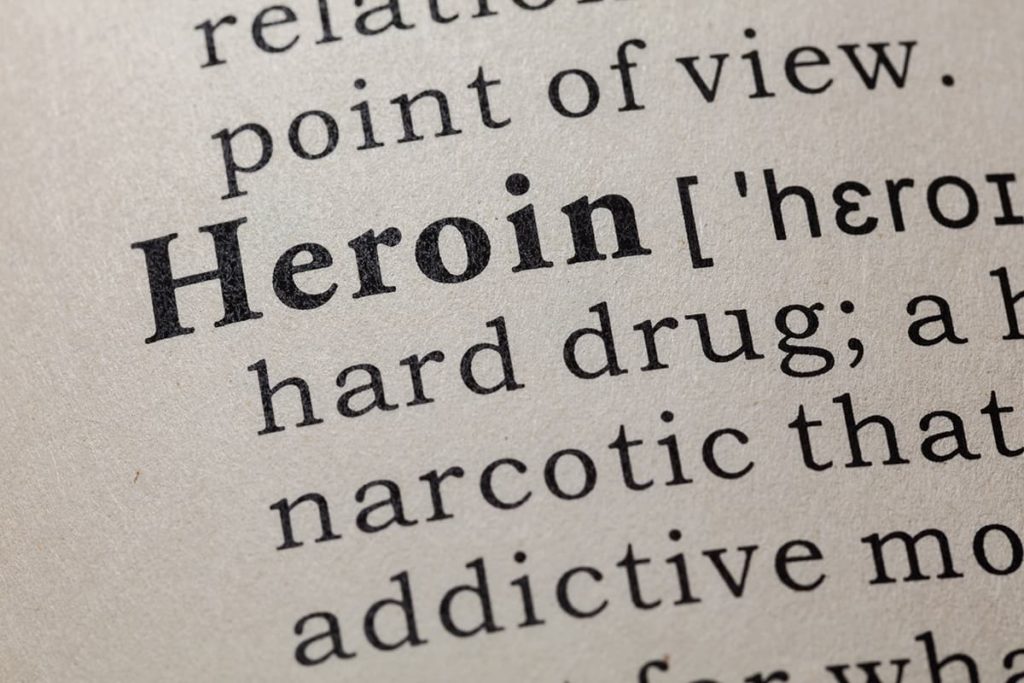When debating DBT vs. CBT, it’s important to recognize that these are two essential tools a mental health professional can use to help you overcome mental health disorders, including addiction. But they each have their strengths and weaknesses. Understanding them can help you get the most out of these treatments.
At Recovery Ranch TN, we are committed to providing individualized care to our clients. With options such as cognitive-behavioral therapy and dialectical behavioral therapy, our clients can find the right fit for their needs. To learn more about our services, please contact our team today at 1.844.876.7680.
What Is DBT vs. CBT?
CBT or cognitive-behavioral therapy’s main premise is that what you’re thinking about and focusing on influences how you feel. And as a result, what you do. CBT identifies and replaces thought patterns that are making you feel worse. Feelings often turn to actions. Abusing drugs, food, or other substances may follow. Dialectical behavioral therapy (DBT) is a sub-set of cognitive-behavioral therapy. So it follows a similar principle. However, DBT focuses on staying present-focused, also called a skill that experts refer to as mindfulness.
A lot of our mental anguish involves spending too much time regretting the past or dreading the future. Not only does this make you feel awful, but it also uses up energy you would otherwise use to make this moment the best it can be. DBT helps you reclaim each moment to create better ones. It also enables you to reconnect with your emotions in real-time without judgment. When you do this, emotions become guides for your life. Feelings no longer build up and explode. You experience the ups and downs of life.
CBT and DBT in Action
Let’s say that you’re having one of those days. Everything seems to be going wrong. The more you focus on how bad this day is, the worse you feel, and because you feel bad, your day now looks even worse.
CBT helps you re-write this scenario. With CBT practice, this same day could look like this. You wake up in the morning, ready to have a great day. Then you can’t find your keys. You stay positive and look for them. You find them and move on. Your day generally runs smoother because of your positive attitude. CBT focuses heavily on thinking logically. So you’re not letting extreme emotions overtake you. CBT doesn’t mean ignoring emotions or pretending that bad stuff doesn’t happen. Instead, it changes your perspective. You see challenges as obstacles you can overcome.
Now, let’s look at DBT. Imagine this. A loved one just spilled tomato juice on your favorite shirt during breakfast. Would you usually explode? Are you worried it will stain? Do all the times this person hasn’t paid attention to what they’re doing pummel your mind? Would you then berate them? DBT can change this scenario. Now, you’re only focused on the present. So you don’t feel the need to bring up past events. You see that your loved one already feels awful about this. They’re just as worried that it might stain.
Now, together, the two of you can clean up the mess and treat the shirt so it doesn’t stain. You have a more productive day because you’re not enraged about what happened at breakfast.
DBT vs. CBT: Who Benefits
Both can improve relationships, quality of life, and general outlook, but everyone’s different. So debating the value of DBT vs. CBT for any one person is not always clear-cut.
Generally, CBT is very useful for treating anxiety and depression. That’s because your logical mind takes over when painful emotions might otherwise rule the roost. However, it may not work well for those with eating disorders and personality disorders. In these cases, you may already be overthinking. So trying to get you to think more objectively may make these conditions worse. For you, DBT may be better because it encourages a more present-focused, intuitive approach.
Which Treatment Is Effective in Treating Co-Occurring Disorders?
Both CBT and DBT may be effective in treating addiction. However, this depends on other factors like co-occurring disorders. CBT has been shown to help those with co-occurring disorders like anxiety, depression, and PTSD. That’s because it can address each condition separately. DBT may be more effective in treating addiction and borderline personality disorder. That’s because it can target both conditions at the same time. The bottom line is that the most effective treatment is the one that meets your specific needs.
At Recovery Ranch TN, we are proud to offer both cognitive-behavioral therapy and dialectical behavior therapy as part of our dual diagnosis treatment program. Dual diagnosis treatment is vital for those struggling with addiction and a mental health disorder. Our dual diagnosis treatment program addresses a range of conditions, including:
- Depression
- Anxiety
- PTSD
- Bipolar disorder
- Personality disorders
To learn more about the treatment options available, reach out to Recovery Ranch TN today.
Getting the Personalized Treatment You Need at Recovery Ranch TN
Recovery Ranch TN recognizes that you are an individual with unique needs. We design programs around you. These may include:
- Motivational Interviewing
- Experiential therapy
- Mindfulness
- Nutrition therapy
- Art and music therapy
Are mental health challenges and addiction controlling your life? Pave a new path for your life through recovery. DBT and CBT can help. Call us at 1.844.876.7680 to learn more.




